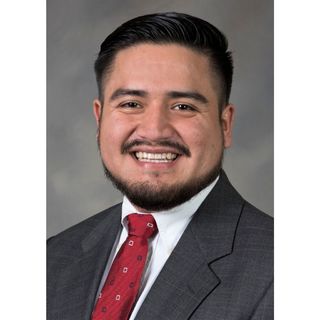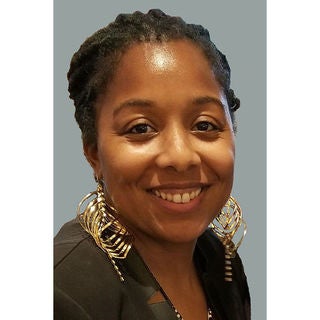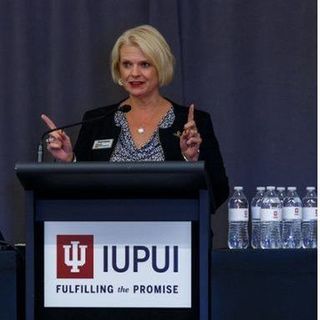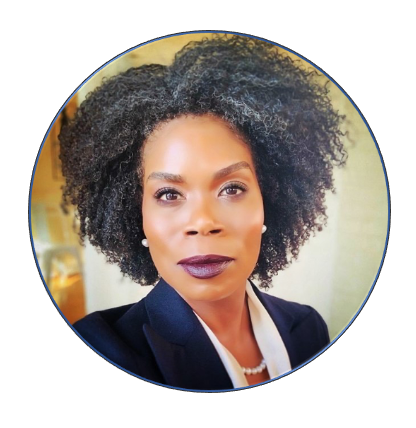Session 5 – Roundtable Discussions
Posted in 2022 Roundtables
Following the opening provocation, three panels explored three challenges (5.1) Advancing First-Generation Student Success through Relationship-Rich Undergraduate Experiences (5.2) Bias Reporting and Racial and Ethnic Justice Transitions at Penn State Brandywine, and (5.3) Forging a Path While Navigating Resistance: Rewarding and Recognizing Faculty DEI Work
5.1 Advancing First-Generation Student Success through Relationship-Rich Undergraduate Experiences
Video link: https://youtu.be/RriWX1OezBY
The key takeaway from this session is: Building relationships and forging connections
with students is crucial.
- Simple strategies are among the best:
- Reaching out to students via email individually
- Setting up one on ones to show you genuinely care
- Creating time in the class for vulnerability even if you don’t get the response you may be looking for.
- Look for new, open-access book on student relationships in January 2023 from Oscar Miranda Tapia, Isis Artze-Vega, Peter Felten and Leo Lambert, Your Relationship-Rich Education: A Student Guide to Meaningful Connections in College.
Panelists

Graduate Apprentice at Elon University Odyssey Program,
Elon University

Assistant Director for First-Generation Student Support Services,
Elon University
Slides and Resources
5.2 Bias Reporting and Racial and Ethnic Justice Transitions at Penn State Brandywine
Video link: https://youtu.be/BnzhUQqpzV0
In this session, the PSU Brandywine team shared a vision – and a plan! – for a Healing, Anti-Hate and Anti-Racism Council that is student-led but faculty and staff inclusive. This team represents just one of several groups on campus contributing to this work.
- Their work is grounded in and informed by their campus’ designation as a “Truth, racial healing, and transformation center (TRHT)” through AAC&U.
- They noted that creating a framework for the institution is not the same as creating activities — need to institutionalize a framework and process because having passionate people alone won’t create lasting change.
- This was particularly important because the privacy issues that are inherent in bias reporting can erode trust (sometimes justifiably) in the system.
- The centrality of students in the process is a key and transformative goal. A quick poll showed that the audience agreed, using terms like “empowerment, knowledge, people, perspectives, suffering, perspective, best practice, relevant, …” to describe it.
Panelists

Rosenberg Director, Center for Ethics & Civic Engagement,
Penn State Brandywine Campus

Associate Professor, Human Development and Family Studies; Chair, Chancellor’s Commission for Racial and Ethnic Justice,
Penn State University, Brandywine Campus

Assistant Professor, English Director, Writing Studio,
Penn State, Brandywine Campus

Associate Teaching Professor,
Penn State, Brandywine Campus
5.3 Forging a Path While Navigating Resistance: Rewarding and Recognizing Faculty DEI Work
Video link: https://youtu.be/jL0OG8vIrmQ
The key takeaway of this session is: narrow criteria for promotion and tenure only exacerbates inequities, in that they reward cumulative advantage, ignores well-documented biases and ignores a lot of work that some faculty do that is part of DEI institution building. We need a broader approach.
- When we take a narrow approach to tenure and promotion criteria we ask faculty of color (etc.) to do double work.
- We need a new language and processes for recognizing a wider range of DEI work.
- IUPUI instituted new guidelines at “lightning speed” (in less than one year).
- “This is the work of dismantling privilege.” (Dr. Adanna Johnson, moderator)
Panelists

Asst Vice Chancellor Faculty,
Indiana University–Purdue University Indianapolis

Senior Associate Vice Chancellor for Academic Affairs,
Indiana University–Purdue University Indianapolis

Associate Vice President for Student Equity & Inclusion,
Georgetown University
